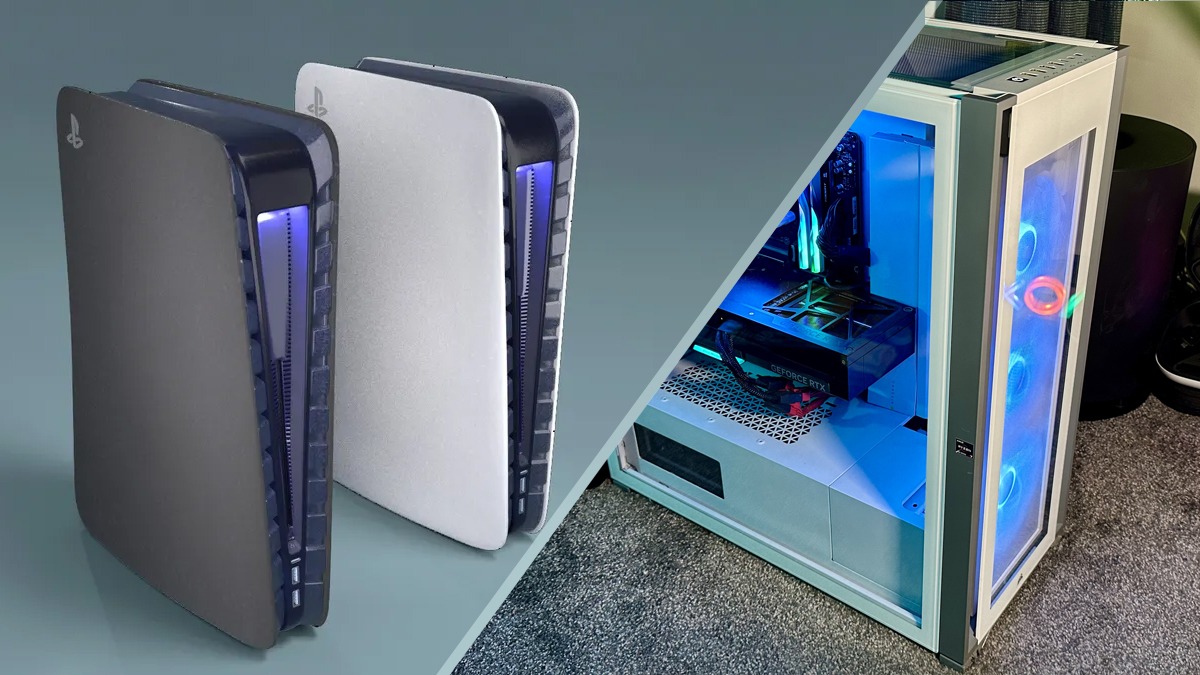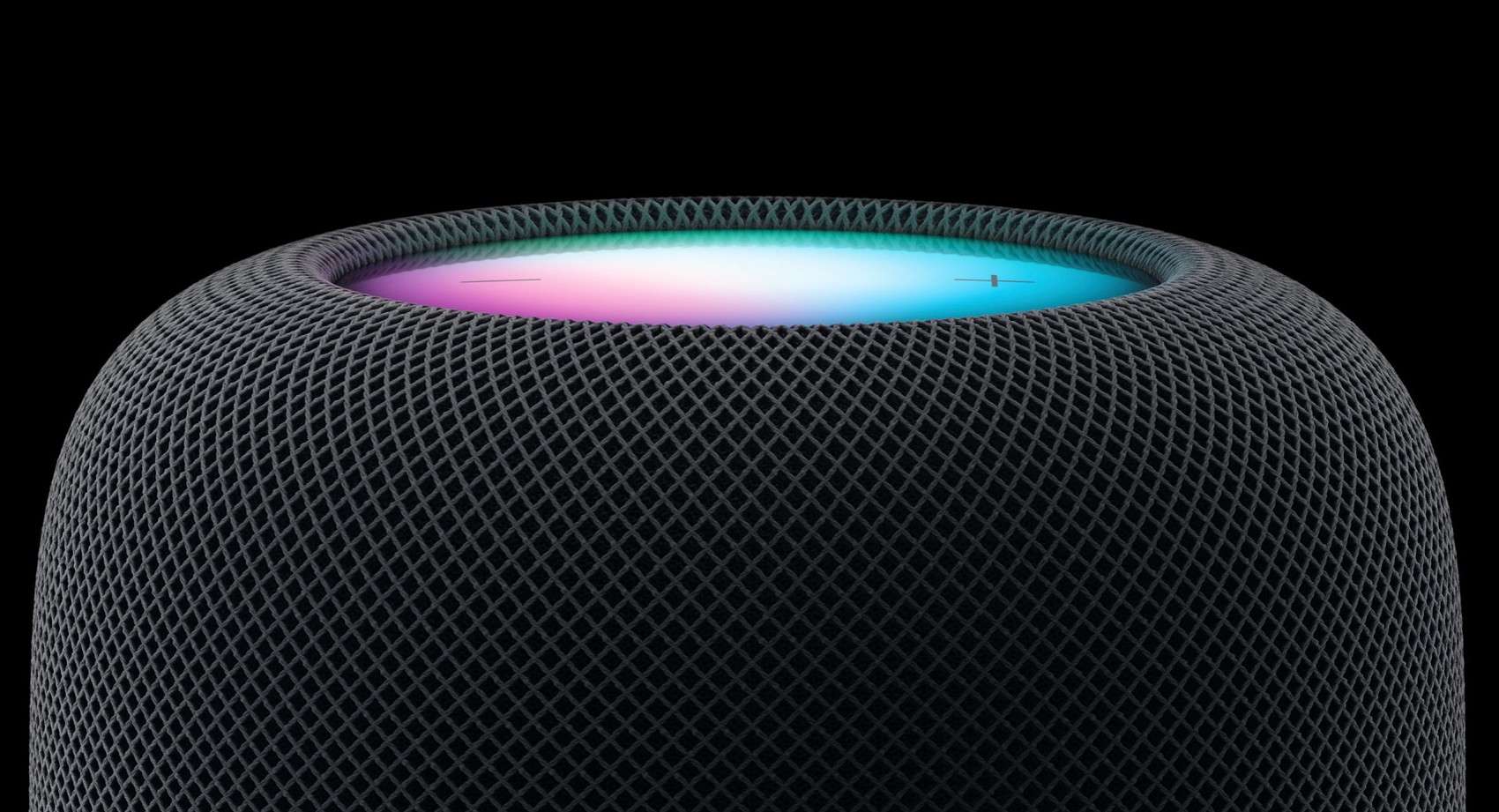Comparing the PS5 to PC: Matching Hardware Specs for the Ultimate Gaming Experience
The PlayStation 5 (PS5) has garnered significant attention in the gaming community due to its impressive specifications. However, comparing the PS5 with a Personal Computer (PC) can be challenging due to the fundamental architectural and design differences between a console and a PC. Nevertheless, by thoroughly analyzing the PS5’s technical specs, it is possible to approximate a PC hardware equivalent. This comparison is essential for consumers who are deciding between purchasing a gaming PC or a PS5.
Understanding the PS5: A Brief Overview
The PlayStation 5, commonly known as the PS5, is Sony’s latest console model, released in November 2020. It quickly became popular among gamers due to its advanced capabilities and hardware, designed to provide a modern gaming experience. The PS5 is powered by a custom 8-core AMD Zen 2 CPU clocked at 3.5GHz and a custom GPU based on AMD’s RDNA 2 architecture, delivering 10.28 teraflops with 36 compute units clocked at 2.23GHz. Additionally, the PS5 includes a proprietary 825 GB SSD and 16GB of GDDR6 RAM, which significantly reduces load times and enhances world rendering.
PS5 CPU Equivalent in a PC
The PS5’s custom eight-core AMD Zen 2 CPU, clocked at 3.5GHz, is optimized for gaming performance. In the PC world, an equivalent CPU would be the AMD Ryzen 7 3700X or the more powerful AMD Ryzen 9 3900X. Both CPUs can meet or exceed the PS5’s performance, but the choice between them will depend on budget and specific PC build requirements.
PS5 GPU Equivalent in a PC
The PS5’s GPU, powered by AMD’s RDNA 2 architecture, achieves 10.28 teraflops and features 36 compute units clocked at 2.23GHz. For a PC, GPUs such as the AMD Radeon RX 5700 XT or NVIDIA GeForce GTX 2070 Super would offer comparable performance. However, it’s important to note that real-world gaming performance depends on software optimizations and resource management, not just raw teraflops.
SSD and Storage Comparison
The PS5 is equipped with a unique 825 GB SSD, which drastically improves load times and world rendering. Comparable PC SSDs include the Western Digital Black SN750 NVMe SSD and the Samsung 970 Pro NVMe SSD. These SSDs offer similar or superior read speeds and storage capacity performance, although they may come at a higher cost.
Ray Tracing Capabilities
Ray tracing is a rendering technique that simulates the effects of light in a virtual environment, enhancing realism in gaming. The PS5’s hardware-accelerated ray tracing is a key feature for delivering immersive gaming experiences. On the PC side, NVIDIA’s RTX series, particularly the GeForce RTX 2070 Super, RTX 2080 Super, and RTX 3080, are leading the way in ray tracing technology. These GPUs offer robust ray tracing capabilities but come with higher costs and availability challenges.
PS5 Audio System and PC Equivalents
The PS5’s Tempest 3D AudioTech is designed to provide an immersive audio experience, allowing players to perceive in-game sounds in three dimensions. For a PC, a high-quality sound card such as the ASUS Xonar SE or the Creative Sound Blaster AE-9 would offer a similar rich audio experience, using advanced audio processing techniques to deliver detailed, high-quality sound.
Conclusion
Deciding between a PlayStation 5 and a PC equivalent depends on individual preferences and requirements. The PS5 offers a focused gaming experience with impressive specs and strong developer support. On the other hand, a PC offers flexibility and customization. Users can upgrade and tailor their system to meet their needs. However, comparable or better components for PCs often cost more and may be harder to find














Post Comment